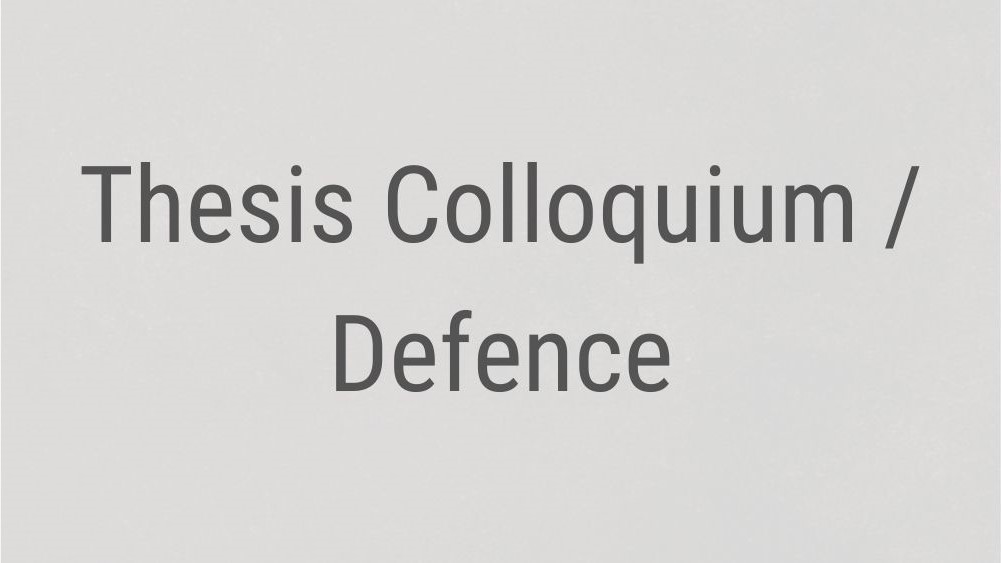
- This event has passed.
[PhD Colloquium] Development of Generalizable Spiking Neural Network-based Learning Frameworks for Solving Perimeter Defense Problem
August 1, 2024 @ 10:30 AM - 11:30 AM

Spiking Neural Networks (SNNs) are third-generation neural networks that can process information in a more biologically realistic way compared to other neural networks such as sigmoidal networks. They process the information in terms of spike which is considered as a discrete event in time. Due to their high energy efficiency, SNNs are used in various applications such as classification, prediction, assignment, recognition, etc. In this thesis, the capability of SNNs to solve the SpatioTemporal MultiTask Assignment (STMTA) problem which is formulated from a Perimeter Defense Problem (PDP) is explored.
Due to the efficiency of SNNs in handling spatiotemporal data, they are used to develop learning-based frameworks to solve the PDP. Initially, a time-varying weight SNN for decentralized assignment learning for a critical PDP is presented in this thesis. A Decentralized sequential Assignment Learning with Spiking neural networks (abbreviated as DeALS) approach is proposed for the PDP which can approximate the relation between intruder velocity, shape of the territory, size of the defender team, and protection area. In DeALS, a multitask assignment SNN is developed for each defender to protect the perimeter. This time-varying weight multitask assignment SNN is trained in a supervised manner to approximate the ground truth obtained from the existing external solution for PDP. To reduce the usage of external ground truth algorithms the greedy assignment learning-based frameworks are developed to solve PDP in a decentralized manner. Due to the decentralized training of SNN, conflicts are found in the final defender assignments. Therefore to resolve this conflicts an additional conflict-free trajectory generation algorithm is used. Further, in the thesis to reduce the usage of a conflict-free trajectory generation algorithm an SNN which can generate conflict-free assignments is developed to solve PDP. A centralized greedy assignment learning solution is developed for PDP using the aforementioned conflict-free assignment SNN. These conflict-free assignments are obtained with the help of inhibitory connections among the assignment neurons in the SNN.
Further, the inhibitory connections are used to develop efficient deep SNNs for classification purposes. The inhibitory connections are motivated by biology. These inhibitory connections make sure that the first spiking neurons in a layer acquire knowledge efficiently about the input by inhibiting the response of other neurons in the same layer. A Distributed Coding SNN (DC-SNN) architecture with inhibitory connections in the hidden layer is developed for solving classification problems. With the help of Temporal Separation Modulated Spike Timing Dependent Plasticity (TSM-STDP) learning it is demonstrated that a DC-SNN is suitable for early interruption which helps in faster classification. Eventually, in this thesis, SNN classifiers with time-varying weights without hidden layers are developed which are capable of inherent interpretations. The time-varying weights are modeled using random Gaussian mixtures spread across the simulation interval. By establishing relationships between the amplitudes of time-varying weights and the spike patterns of the neurons in the architecture, the decisions of these spiking neural classifiers are interpreted.
Speaker: P. Mohammed Thousif
